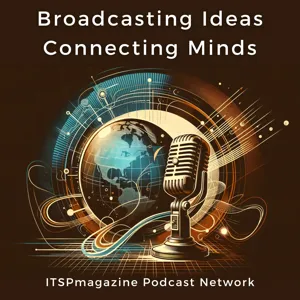Edward Albert Feigenbaum: Pioneering Expert Systems in Artificial Intelligence

Edward Albert Feigenbaum, often referred to as the "father of expert systems", is a towering figure in the history of Artificial Intelligence (AI). His pioneering work in developing expert systems during the mid-20th century greatly influenced the course of AI, especially in the field of knowledge-based systems. Feigenbaum's contributions to AI involved the marriage of computer science with specialized domain knowledge, leading to the creation of systems that could emulate the decision-making abilities of human experts.
The Emergence of Expert Systems
Feigenbaum's seminal work focused on the development of expert systems, a class of AI programs designed to simulate the knowledge and analytical skills of human experts. He emphasized the importance of domain-specific knowledge, asserting that the power of AI systems lies not just in their processing capabilities but also in their knowledge base. His approach marked a shift from general problem-solving methods in AI to specialized, knowledge-driven systems.
DENDRAL and MYCIN: Landmark AI Projects
Feigenbaum was instrumental in the creation of DENDRAL, a system designed to analyze chemical mass spectrometry data. DENDRAL could infer possible molecular structures from the data it processed, mimicking the reasoning process of a chemist. This project was one of the first successful demonstrations of an AI system performing complex reasoning tasks in a specialized domain.
Following DENDRAL, Feigenbaum led the development of MYCIN, an expert system designed for medical diagnosis, specifically for identifying bacteria causing severe infections and recommending antibiotics. MYCIN's ability to reason with uncertainty and its rule-based inference engine significantly influenced later developments in AI and clinical decision support systems.
Advancing AI through Knowledge Engineering
Feigenbaum was also a key advocate for the field of knowledge engineering—the process of constructing knowledge-based systems. He recognized early on that the knowledge encoded in these systems was as crucial as the algorithms themselves. His work highlighted the importance of how knowledge is acquired, represented, and utilized in AI systems.
Legacy and Influence in AI
Edward Feigenbaum's impact on AI extends beyond his technical contributions. His vision for AI as a tool to augment human expertise and his focus on interdisciplinary collaboration have shaped how AI is applied in various industries. His work on expert systems laid the groundwork for the development of numerous AI applications, from decision support in various business sectors to diagnostic tools in healthcare.
Conclusion: A Luminary's Enduring Impact on AI
Edward Feigenbaum's pioneering work in expert systems has left an indelible mark on the field of AI. His emphasis on domain-specific knowledge and the integral role of expertise in AI systems has fundamentally shaped the development of AI applications. Feigenbaum's legacy continues to inspire, reminding us of the power of combining human expertise with computational intelligence. His contributions underscore the importance of specialized knowledge in advancing AI, a principle that remains relevant in today's rapidly evolving AI landscape.
Kind regards Schneppat AI & GPT5


